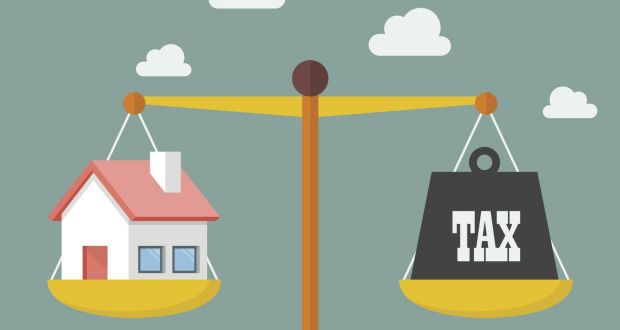As a property owner in Spain, you have tax obligations. If you’re a non-resident, what are your tax requirements in Spain? As a foreigner, you’re probably not familiar with all the tax obligations for non-residents. So let’s answer your questions.
Do I need to pay taxes even if I don’t rent out my property?
If you are a non-resident and own a property in Spain, whether or not you rent it out, you will need to pay Spanish property taxes.
How many tax forms do I need to file, if I bought the property with my life partner?
Each person is treated as an independent taxpayer, and must file separate returns. In other words, there must be as many statements as individual persons, property owners and properties.
You bought a property with your wife/husband, you need to file two separate tax returns
What property taxes must I pay?
As a property owner in Spain, you must pay these taxes:
- IBI (Impuesto Sobre Bienes Inmuebles) or council tax
- Imputed income tax and/or rental income tax (in some cases a combination of the two)
IBI
IBI (Impuesto Sobre Bienes Inmuebles) is a council tax that must be paid by every home owner. IBI is:
- Paid directly to the town hall or the SUMA offices
- Collected annually
- Collected at different times of the year according to the area
- Based upon the value of your property known as “valor catastral”
As an example, I pay 158€ in IBI for a 85 square meter flat that I own in Valencia.
Non-Resident Imputed Income Tax (NRIIT)
Even if you do NOT rent out your property in Spain you still need to pay it. Non-resident imputed income tax declarations must be made each year by all non-resident property owners.
Even If you pay tax on rental income, you still need you submit an imputed tax return pro-rata to the number of days that the property was not rented out.
Note: this is the same declaration as the IRNR “Impuesto sobre la Renta de no Residentes” which is Spanish for Non-Resident Income Tax.
Why do I have to pay income tax in Spain if I don’t rent it out?
The imputed income tax is payable by non-resident property owners who do not rent out their property and so do not pay rental income tax. The idea is that you could rent out your property if you wished.
Imputed income tax:
- is paid on a second home that is not rented out
- is declared in the non-resident annual tax declaration
- is paid to the Spanish Tax Authority
Whether you rent out your property or not, you pay taxes
IRNR – Rental Income Tax
Rental income tax rate for non-residents: 19% or 24%?
The Spanish rental income tax rate for non-residents is 24% of gross income. However, EU residents may deduct expenses provided that such expenses are directly related to the rental income generated from the Spanish property. Also, EU residents enjoy a reduced income tax rate of 19%, under the condition that this income is declared quarterly.
When should I pay the rental tax?
The Income Tax for non-residents in Spain is collected quarterly. After the end of each quarter of the year, you have 20 days to fill in the tax form 210 (Non-Resident Income Tax), corresponding to the rental tax:
- 20th April – first quarter (January, February, March)
- 20th July – second quarter (April, May, June)
- 20th October – third quarter (July, August, September)
- 20th January – fourth quarter (October, November, December)
What revenues do I declare as rental income?
The revenue to report is the total amount received from tenants. Short and easy.
What expenses can I deduct?
You can deduct certain expenses such as:
- IBI
- insurance
- utility fees
- repairs
- loan repayments
- interests
- refurbishment costs
So, if you’re a EU resident, you will pay 19% of the revenues minus all these costs.
What documents do I need to prepare?
To complete the taxes obligations, you will need to prepare the following documents:
- NIE
- Passport
- Deed, or copy the real estate transaction
- Copy of the invoices of the renovation / refurbishment costs
- Copy of the rental contracts
- Tax address (in your home country)
- Date and place of birth
- Tax representative in Spain
- Rental income (total)
- Expenses and invoices corresponding (IBI, insurance, refurbishment, etc.)

